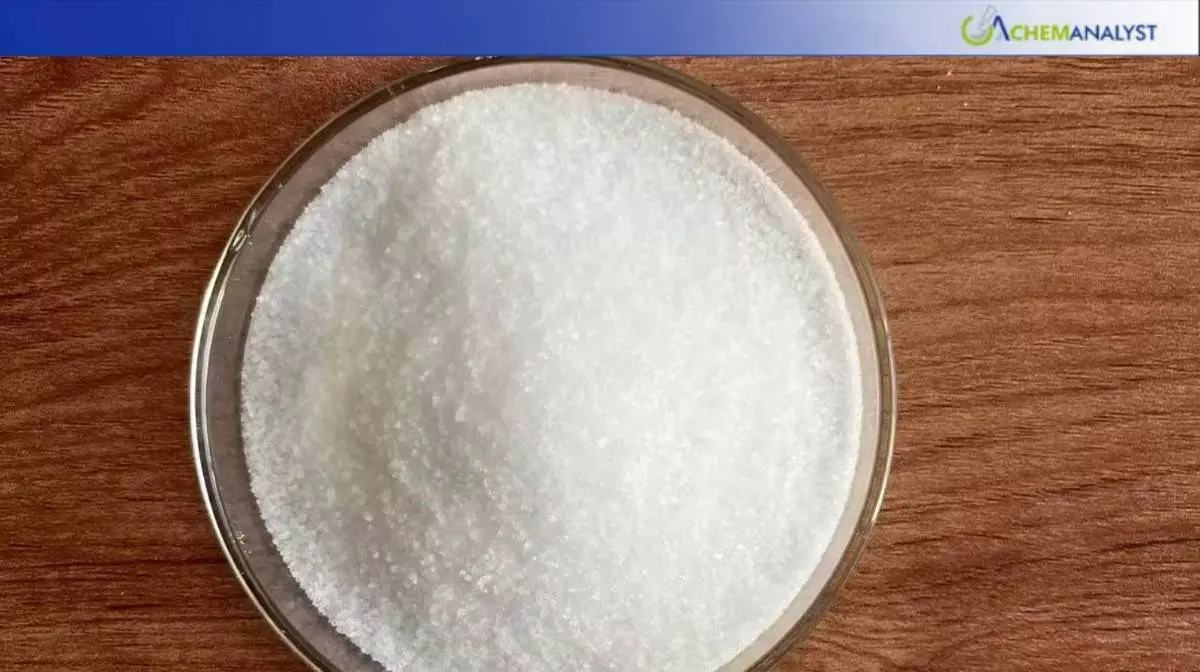Welcome To ChemAnalyst

The U.S. market for isophthalic acid in September 2025 is indicating oversupply and guarded demand, while the PET and coatings industries are maintaining consistent consumption. Major players in the beverage industry, like Coca Cola, are propelling the market because it is increasing the recycled material of their PET bottles to 28% but still depend on virgin PET resin, almost 2.94 million metric tons in 2024, which is supporting the demand for isophthalic acid. The firm is establishing long term objectives to bump up recycled plastics consumption to 30% by 2035, but these aims are not yet relaxing near term demand, so demand is holding firm. On the supply side, domestic producers are holding back robust operating rates, while Canadian and South Korean imports are maintaining availability at ease levels. Imports are running at USD 183.9 million through July, reaching a high in July before easing in August as tariffs and weaker sentiment are influencing flows. Seasonal picks up in PET bottle manufacturing and housing related fiberglass demand are supporting somewhat, but oversupply continues, and prices continue under pressure into October.
Key Highlights:
In September xxxx, the U.S. isophthalic acid market remains complicated, with the main factors being the sustainability trends, the demand for downstream PET, and the changing trade flows that are changing. The packaging innovation of the beverage sector, a major user of PET bottles in the beverage industry, showed how the sector still heavily relies on PET. Meanwhile, supply was maintained at a good level with domestic production as well as...
We use cookies to deliver the best possible experience on our website. To learn more, visit our Privacy Policy. By continuing to use this site or by closing this box, you consent to our use of cookies. More info.
